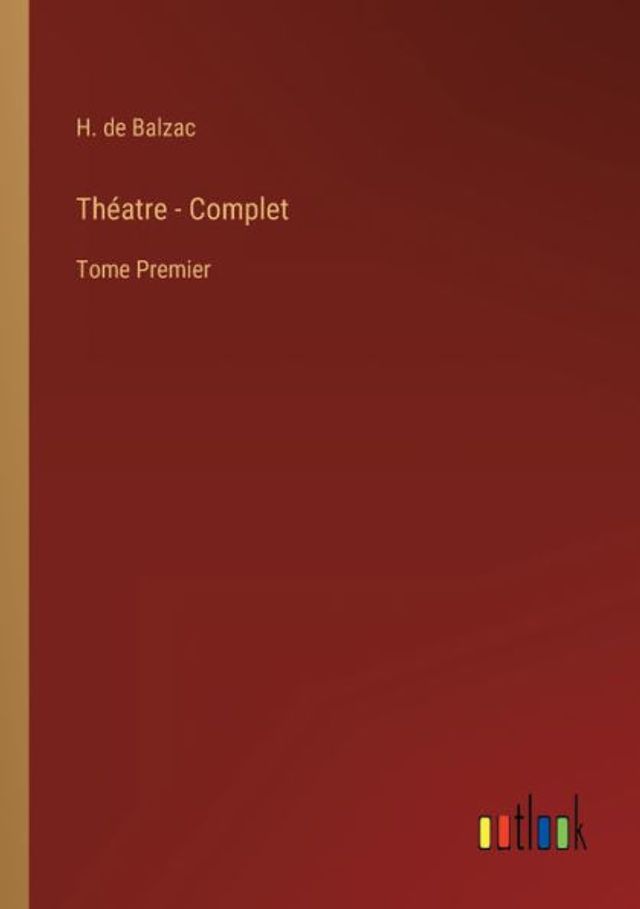Home
Teatro
Barnes and Noble
Teatro
Current price: $36.99


Barnes and Noble
Teatro
Current price: $36.99
Size: OS
Loading Inventory...
*Product information may vary - to confirm product availability, pricing, shipping and return information please contact Barnes and Noble
For whatever reason,
Willie Nelson
's
Teatro
-- like
Emmylou Harris
'
Wrecking Ball
-- seems to exist in a vacuum, completely set apart from his other recordings. It's untrue in either case, but especially in
Nelson
's. A scant year or so before
was released -- and its recording sessions filmed in an old movie theater in Oxnard, California --
issued his most brilliant album of the 1990s,
Spirit
.
Island
's publicists had no idea what to do with
's subtle, unsentimental, moody, and sparsely arranged and performed songs, but the roots of
lie firmly planted there on its opening instrumental,
"Matador."
As for
itself,
Harris
is present on 11 of the 14 tracks. In addition,
Daniel Lanois
, the same mercurial talent who spearheaded
, produced this set. The mood is set in an arid space where a forlorn
mariachi
band meets
the Harmonica Man
(courtesy of
Mickey Raphael
) on
Ennio Morricone
's score for
Once Upon a Time in the West
. Lyrically,
is as ambitious as he was on
, and rhythmically he's more so, but that doesn't necessarily serve him as well.
is a fine record with its sadness and bitterness in
"I Never Cared for You"
and the Spanish two-step of
"Darkness on the Face of the Earth."
But
Lanois
is one busy guitar picker here, and it stands at odds with
's more spare yet lyrical style. But it's a good tension. It works better on
"My Own Peculiar Way,"
with the percussion floating and evening out the guitars. The touch of
Afro-Cuban
rhythm in
"These Lonely Nights"
is sharp in contrast to
's relatively staid and conventional
country
melody. Here is where
works his magic; he staggers an organ, an electric piano, an accordion, his own electric guitar, a trap kit, and hand percussion all around the beat without anyone playing dead on it.
's voice is the only constant, and it draws the listener right to it.
's cover of
"The Maker,"
with
layering thick slaps of sweet, melodic distorted guitar over its intro, is amazing.
and
work so well together -- throughout the album but on this track especially -- it's almost a shock they aren't always together. Lyrically,
strides out ahead of all his late-'80s and early-'90s material, continuing the great strides he made with
. Clearly, the slump is over here, and the poetry he spins is accessible, profound, and moving.
is a special album, but it's part two of a story that began with
, and both recordings should be heard in tandem with one another for the full effect. Striking, beautiful, and affecting,
is a sonic film that displays its moving images in the minds and hearts of its listeners. ~ Thom Jurek
Willie Nelson
's
Teatro
-- like
Emmylou Harris
'
Wrecking Ball
-- seems to exist in a vacuum, completely set apart from his other recordings. It's untrue in either case, but especially in
Nelson
's. A scant year or so before
was released -- and its recording sessions filmed in an old movie theater in Oxnard, California --
issued his most brilliant album of the 1990s,
Spirit
.
Island
's publicists had no idea what to do with
's subtle, unsentimental, moody, and sparsely arranged and performed songs, but the roots of
lie firmly planted there on its opening instrumental,
"Matador."
As for
itself,
Harris
is present on 11 of the 14 tracks. In addition,
Daniel Lanois
, the same mercurial talent who spearheaded
, produced this set. The mood is set in an arid space where a forlorn
mariachi
band meets
the Harmonica Man
(courtesy of
Mickey Raphael
) on
Ennio Morricone
's score for
Once Upon a Time in the West
. Lyrically,
is as ambitious as he was on
, and rhythmically he's more so, but that doesn't necessarily serve him as well.
is a fine record with its sadness and bitterness in
"I Never Cared for You"
and the Spanish two-step of
"Darkness on the Face of the Earth."
But
Lanois
is one busy guitar picker here, and it stands at odds with
's more spare yet lyrical style. But it's a good tension. It works better on
"My Own Peculiar Way,"
with the percussion floating and evening out the guitars. The touch of
Afro-Cuban
rhythm in
"These Lonely Nights"
is sharp in contrast to
's relatively staid and conventional
country
melody. Here is where
works his magic; he staggers an organ, an electric piano, an accordion, his own electric guitar, a trap kit, and hand percussion all around the beat without anyone playing dead on it.
's voice is the only constant, and it draws the listener right to it.
's cover of
"The Maker,"
with
layering thick slaps of sweet, melodic distorted guitar over its intro, is amazing.
and
work so well together -- throughout the album but on this track especially -- it's almost a shock they aren't always together. Lyrically,
strides out ahead of all his late-'80s and early-'90s material, continuing the great strides he made with
. Clearly, the slump is over here, and the poetry he spins is accessible, profound, and moving.
is a special album, but it's part two of a story that began with
, and both recordings should be heard in tandem with one another for the full effect. Striking, beautiful, and affecting,
is a sonic film that displays its moving images in the minds and hearts of its listeners. ~ Thom Jurek


















